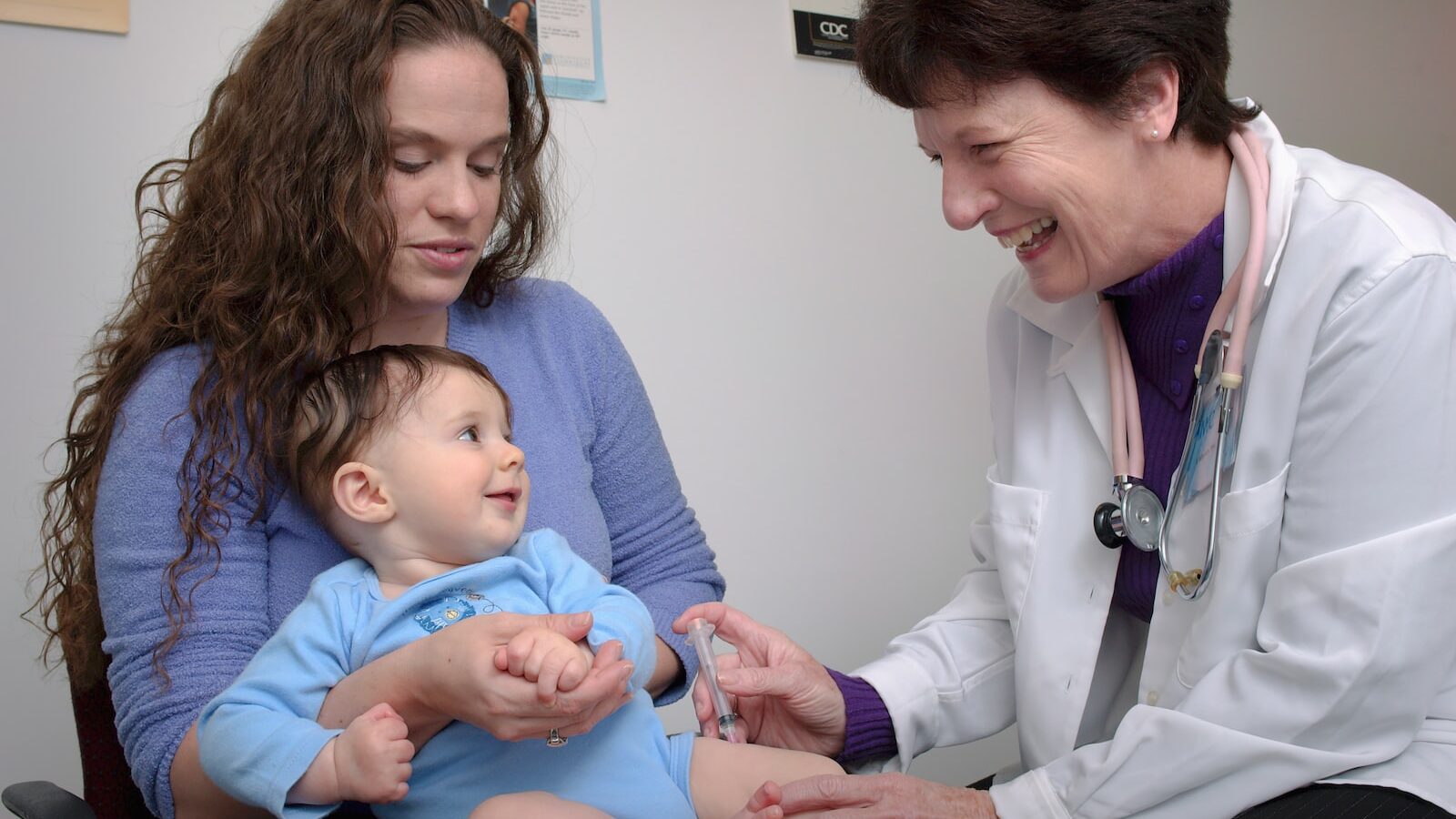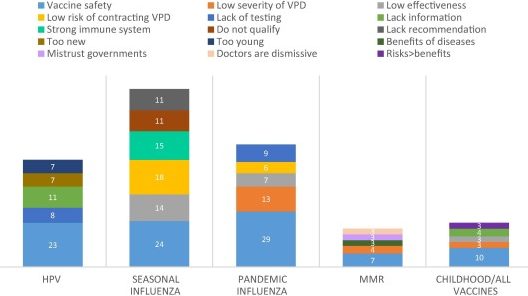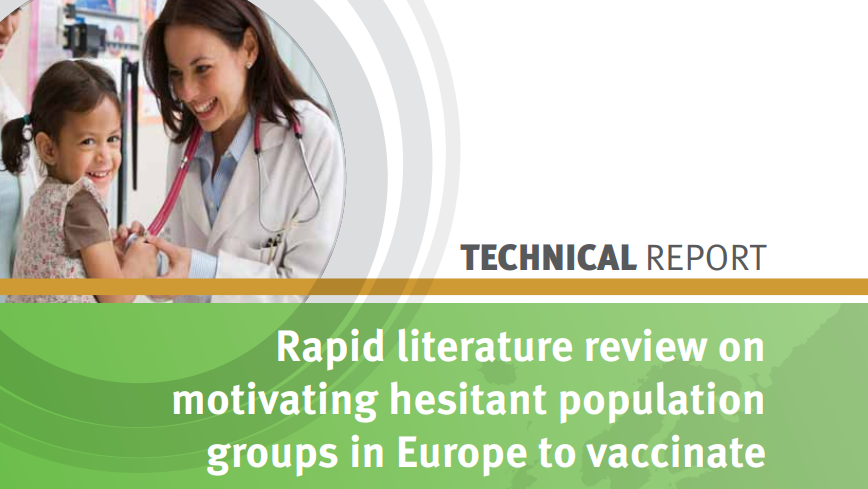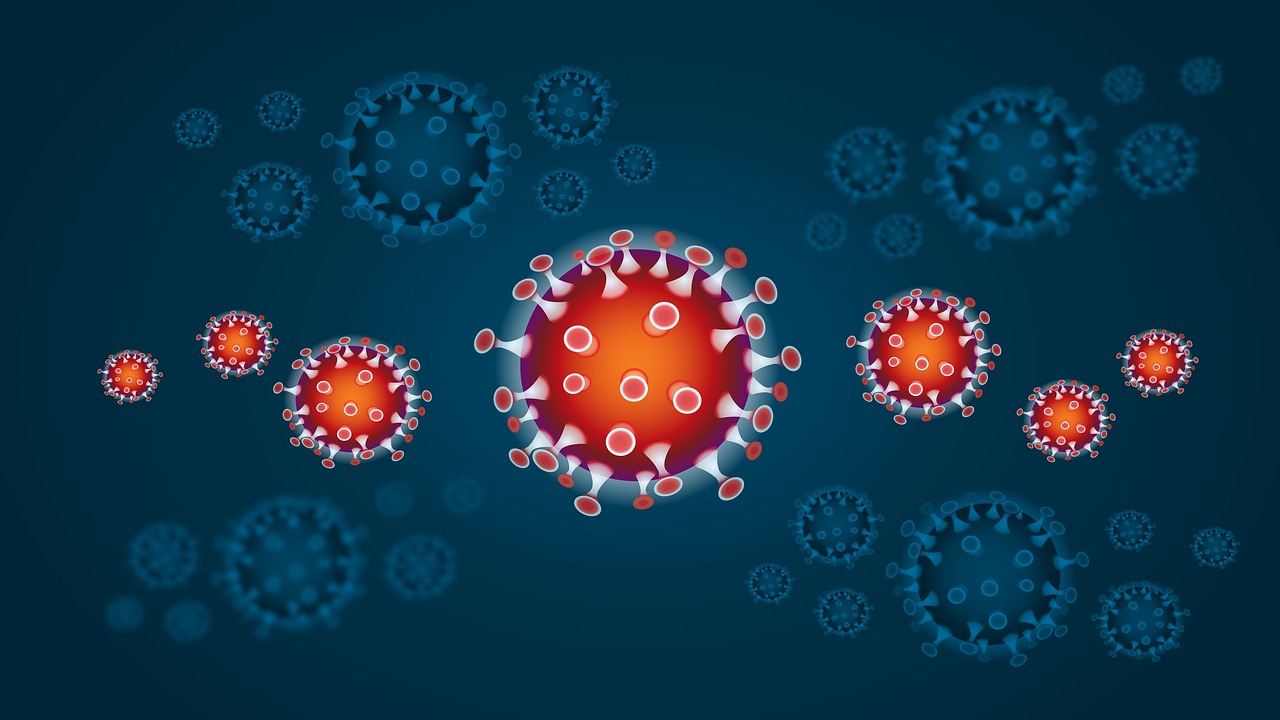Vaccine acceptance depends on public trust and confidence in the safety and efficacy of vaccines and immunisation, the health system, healthcare professionals and…


Vaccine acceptance depends on public trust and confidence in the safety and efficacy of vaccines and immunisation, the health system, healthcare professionals and…

Maternal vaccination offers the potential to tackle the sustainable development goal 3 (SDG3) to reduce neonatal and maternal vaccination globally.

Women bear a disproportionate burden of HIV throughout the world prompting…

Better knowledge of public concerns about vaccines and what…

Study exploring the impact of health systems organisation on the Ebola Outbreak.

While most people vaccinate according to the recommended schedule, this success is challenged by individuals and groups who delay or refuse vaccines.

Series of studies conducted with ECDC to explore determinants of vaccine hesitancy in Europe, including among HCPs, and possible interventions to improve public trust.

The Vaccine Confidence Project™ is a WHO Centre of Excellence on addressing Vaccine Hesitancy, and is engaged in many strands of research pertaining to vaccine hesitancy.

To analyse factors contributing to uptake of vaccines globally, a systematic review on vaccine hesitancy was carried out by…

This rapid literature review on motivating hesitant population groups in Europe to vaccinate focuses on identifying hesitant populations and what the enablers and barriers to vaccination uptake are for them.

Prior to the introduction of rotavirus vaccines in 2006, rotavirus was the leading cause of severe gastroenteritis among European children <5 years…

The purpose of this systematic review is to identify, describe and assess the potential effectiveness of strategies to respond to issues of…